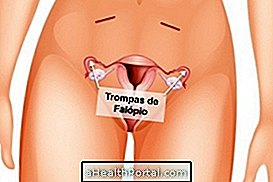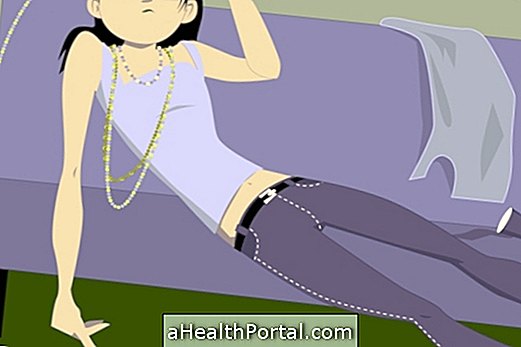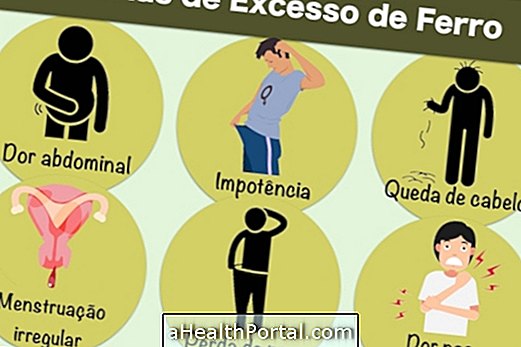Misoponia is a condition in which the person reacts intensely and negatively to small sounds that most people do not notice or do not give meaning to, such as the sound of chewing, coughing or simply clearing the throat, for example.
Although there is not yet a test capable of diagnosing misoponia, some of the most common signs of people with this condition arise after a specific sound and include:
- Get more agitated;
- Escape from the noise;
- Avoid some activities due to small noises, like not going to eat outside so you do not hear people chewing;
- Reacting exaggeratedly to a simple noise;
- Offensively ask for the noise to stop.
This type of behavior can also hamper relationships with people close to you, since some sounds, such as coughing or sneezing, can not be avoided and so the person with misofonia may begin to avoid being with family or friends doing the same. sound more often.
In addition, and although it is more rare, physical symptoms can also appear like increase of the heart beats, headaches, problems of stomach or pain in the jaw, for example.

How is the treatment done?
There is still no specific treatment for misoponia and therefore the condition has no cure. However, there are some therapy that can help the person tolerate sounds more easily, avoiding abrupt changes in daily activities.
One of these therapies is Cognitive Behavior Therapy, where the psychologist helps the person to replace the negative feelings one feels when hearing certain sounds. However, other treatment alternatives also include adding other noises in the environment to disguise irritating sounds or using ear plugs to reduce the sensitivity to sound.
In more severe cases, where the person continues to have very negative feelings, it may be necessary to go to a psychiatrist to take medicine for depression or anxiety, such as Fluoxetine, Sertraline or Escitalopram.
Major sounds that cause misofonia
Some of the most common sounds that trigger the emergence of negative feelings related to misofonia are:
- Sounds caused by the mouth: drinking, chewing, belching, kissing, yawning or brushing teeth;
- Breathing sounds: snoring, sneezing or noisy breathing;
- Sounds related to the voice: whispering, nasal voice or repeated use of words;
- Ambient sounds: keyboard keys, connected TV, skimming pages or running clock noise;
- Sounds of animals: dogs barking, birds flying or animals drinking;
Some people have only symptoms when they hear one of these sounds, however, others may have difficulty tolerating more than one sound, and so there is an endless list of sounds that can cause misofonia.


























